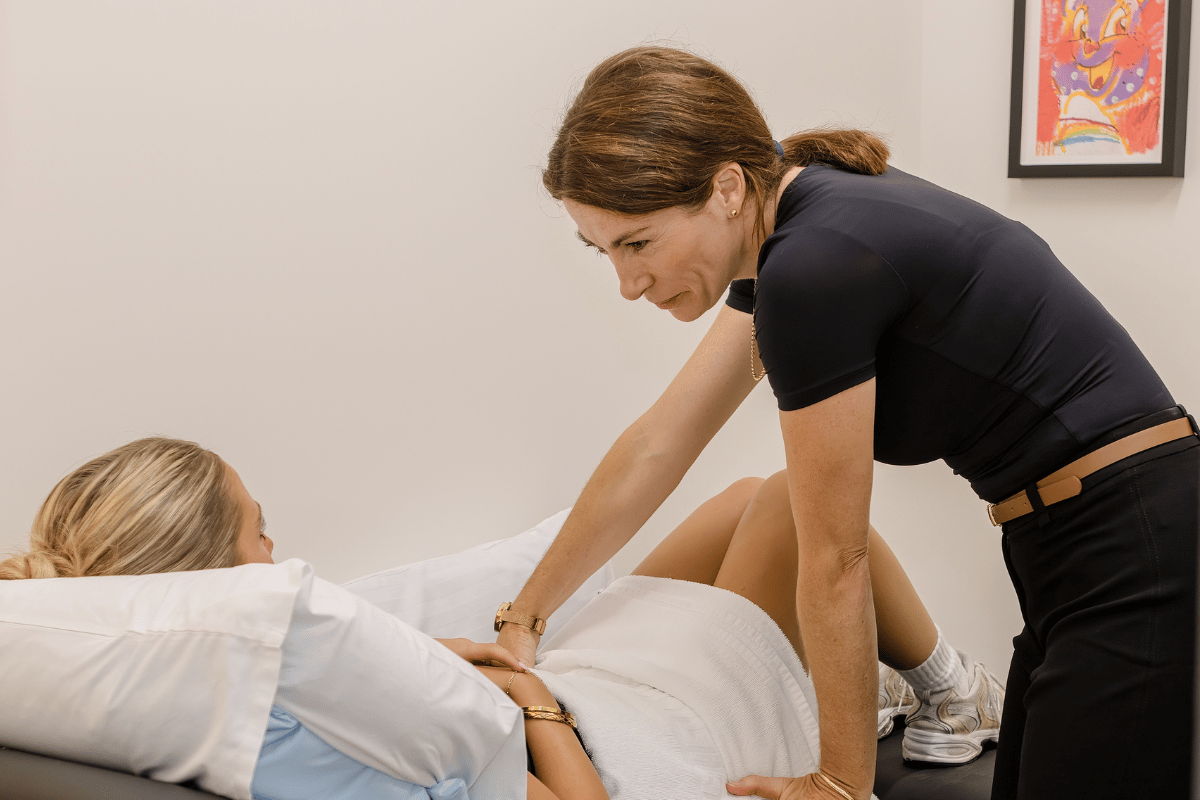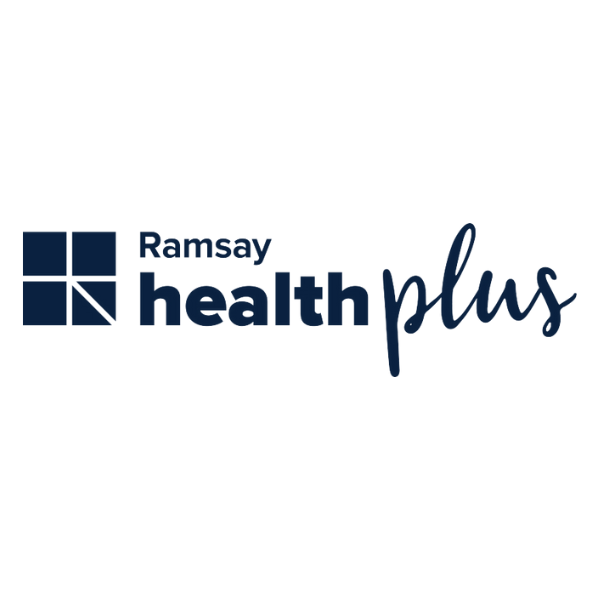

Picture this: You're in a postnatal pilates class after having your first baby when suddenly — that telltale leak happens. There's nothing quite like experiencing urinary incontinence in public to bring anyone crashing back to earth. Many new mothers would feel crippled by panic in this situation, wondering whether they should excuse themselves or just endure the embarrassment.
In these moments, a conversation with a qualified professional can make all the difference. Many people don't realise that pelvic health physiotherapists specialise in addressing these exact concerns.




























































































